Tips for Maintaining Your Home's Plumbing System
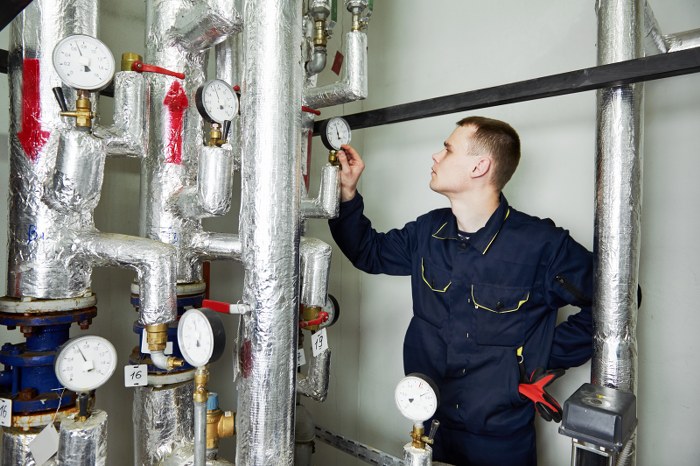
Our plumbing systems are not only responsible for providing us with clean, hot and cold water every day, they also allow us to heat our homes, clean ourselves and wash our clothes. Our plumbing systems go far beyond just what we see on the surface in the2 form of basins, taps and baths, they also include the pipework under the sink and beyond. Therefore, maintaining the whole system is equally as important as maintaining what we can see. Plumbing system maintenance is a crucial aspect of preventing problems with your heating, drinking water and washing machine and plumbers having to be hired to rectify the situation. 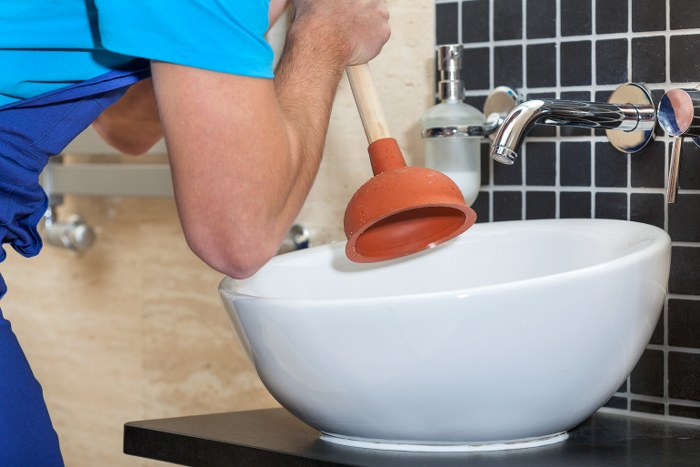
Clogged drains
Clogged or blocked drains are often caused by a build-up of old food or fat and are easily fixable. Simply make a solution of baking soda and warm water, or chemical drain unblocker (although this isn’t ideal for your pipes) and pour it down the plug. Allow the solution to sit for a while before pouring boiling water down the pipes and making sure the blockage has been removed. Alternatively, in the bathroom sink, you can use a coathanger to hook and remove any blockages caused by a build-up of hair. Simply bend a small hook into the end of the coathanger with pliers, feed this down the plug until it snags and pull out any hair ball, which may be preventing the water from draining properly.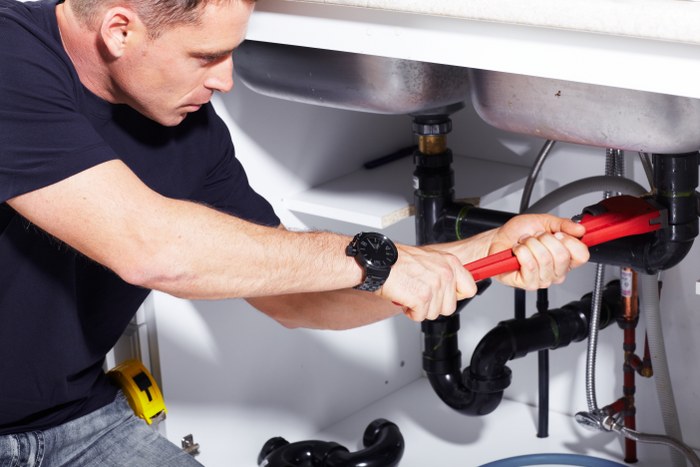
However, to prevent this from happening in the first place, ensure you don’t put solid food, thick liquid, hair or fat down your sinks. Also, carry out regular drain cleaning, where you run the solution and boiling water through the pipes to remove any debris which could potentially build up if it hasn’t already.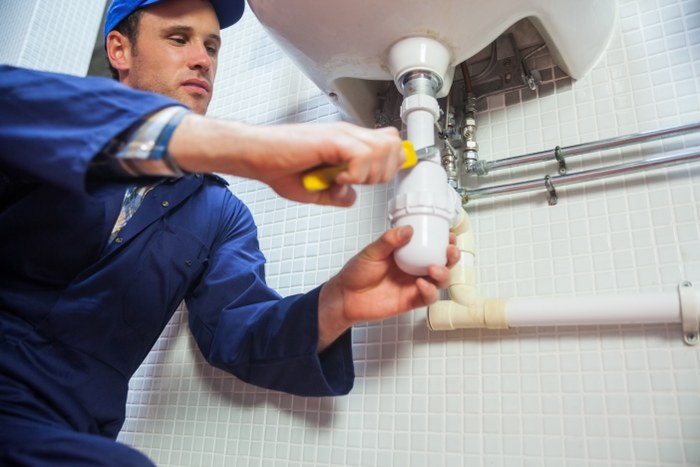
Heating
Burst pipe repair has to be carried out by plumbing professionals and can be an inconvenience. This usually has to be carried out because the pipes have frozen and the water inside has therefore expanded and burst the pipe. To prevent this, in cold weather, make sure to turn your heating on regularly; the hot water running through the pipes will ensure the water cannot get cold enough to freeze. It’s wise to do this once in a while anyway, just to ensure the whole system is working adequately and that plumbing services don’t need to be called for a boiler inspection or pipe repair. 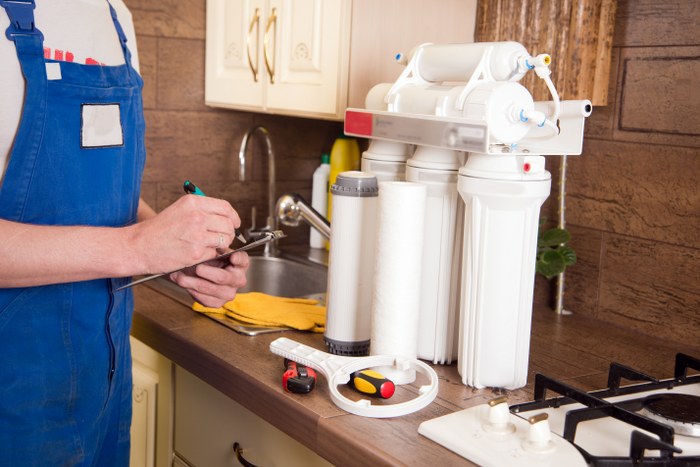
Soft water
Water softener installation, if you live in a hard water area, is an effective way to reduce the chances of limescale build-up in your taps, boiler and washing machine. Limescale forms when the minerals found in hard water solidify after the water’s evaporated, leaving behind a hard white substance. This substance can prevent your units and utensils from working properly, and can often result in boiler repairs. Soft water, on the other hand, replaces the minerals typically found in hard water with salt, which dissolves in the water. Therefore, installing a water softener can prevent you from needing plumbing repairs in the future. 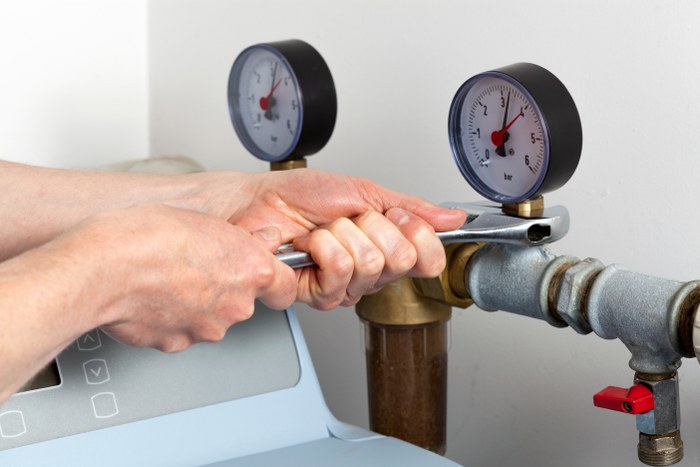
Water pressure
High water pressure can put a strain on the pipes, valves and plumbing system overall, which can lead to unnecessary new pipe fitting and repairs. Therefore, turning the pressure down can reduce the risk of needing pipe repairs further down the line. To do this, you can measure the pressure yourself with a hose bib gauge to get a reading (which should be between 40 – 80 psi) but you’ll need to hire plumbing services to adjust the pressure itself, as they have the right equipment needed.

 020 8434 7477
020 8434 7477








